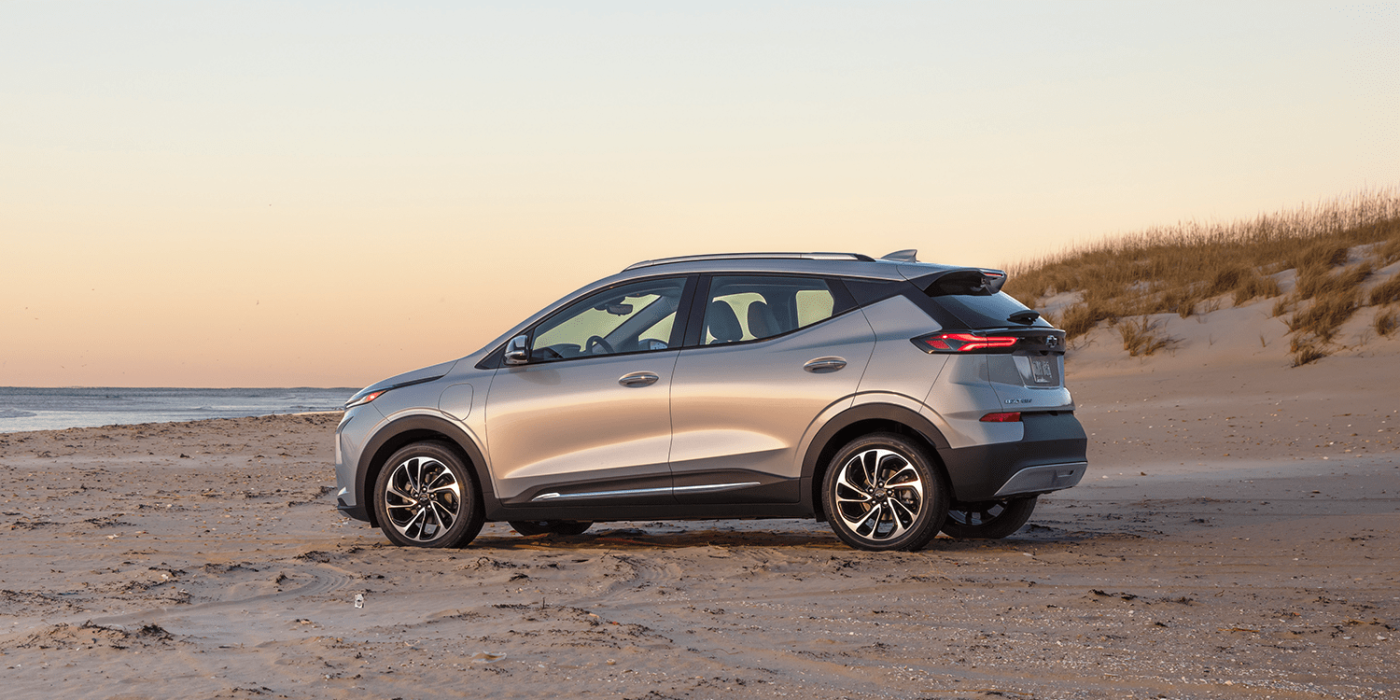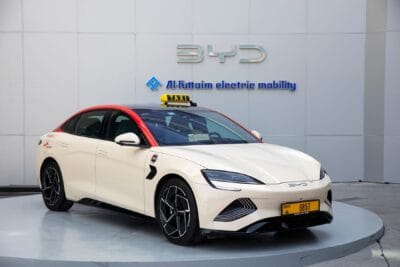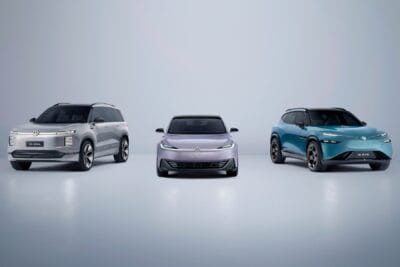Hawaii to get government fleets off fossil fuels
In the US state of Hawaii, a new law requires the entire government fleet to be converted to electric vehicles. Passenger cars must be electric by 2030, light commercial vehicles by 2035.
According to the Hawaii State Energy Office, there are currently around 3,200 electric vehicles in the state fleet. Light commercial vehicles in the USA also include larger pickup models.
Rep. Nicole Lowen who authored the bill that has just been passed did not even cite environmental protection as the primary reason for the change. “It actually saves the state money in maintenance costs,” Lowen said. “And with more electric vehicles on the road, it gets more people to realize they’re not much different from other cars, and might convince more people to adopt them. And, of course, it incentivizes building more electric infrastructure.”
The law now provides procurement guidelines for authorities to prioritise zero-emission vehicles with new purchases. But Lowen says there are also exemptions if some vehicles cannot be converted directly due to a lack of suitable models.
For cost reasons, passenger cars are also to be electrified first, as competitive models to similar combustion vehicles are already on the market with plenty of variety. For some larger vehicles, the conversion is “not yet entirely cost-effective”, although here, too, falling prices are expected by 2035.
The Hawaiian government plans to transition entirely to renewable energy by 2045. The transition of the state’s government fleets is in line with this goal, along with another bill similarly authored by Kailua-Kona Rep. Nicole Lowen: here, House Bill 1141 allocates 3 cents of the barrel tax, which is the tax imposed on each barrel of oil imported into the state, to fund the installation of electric vehicle charging stations.
Lowen says that her two successful bills make up a “chicken and egg” situation, with the success of each measure dependent on the other. The Hawaii Tribune Herald reports that both bills were largely popular during their passage through the Legislature and the bill was supported by multiple state agencies and several environmental groups from throughout the state.
Noel Morin, president of the Big Island Electric Vehicle Association noted: “The decarbonization of the state fleet will encourage fleet owners to follow and will complement similar steps taken by county governments.” He explained that: “Notably, an aggressive goal to decarbonize will send the market and industry signals that will accelerate … an even broader range of affordable EVs, expanded charging infrastructure, increased focus on workforce development and jobs creation in green technologies, and a more urgent response by local industries that are dependent on traditional vehicles and fossil fuels.”
On a Federal level, after taking office at the beginning of 2021, President Joe Biden has presented or is still preparing numerous investments in zero-emission transport. For example, 15 billion dollars are to be invested in the expansion of a national charging network, while 100 billion dollars are likely to be earmarked for purchase subsidies for electric cars.





0 Comments